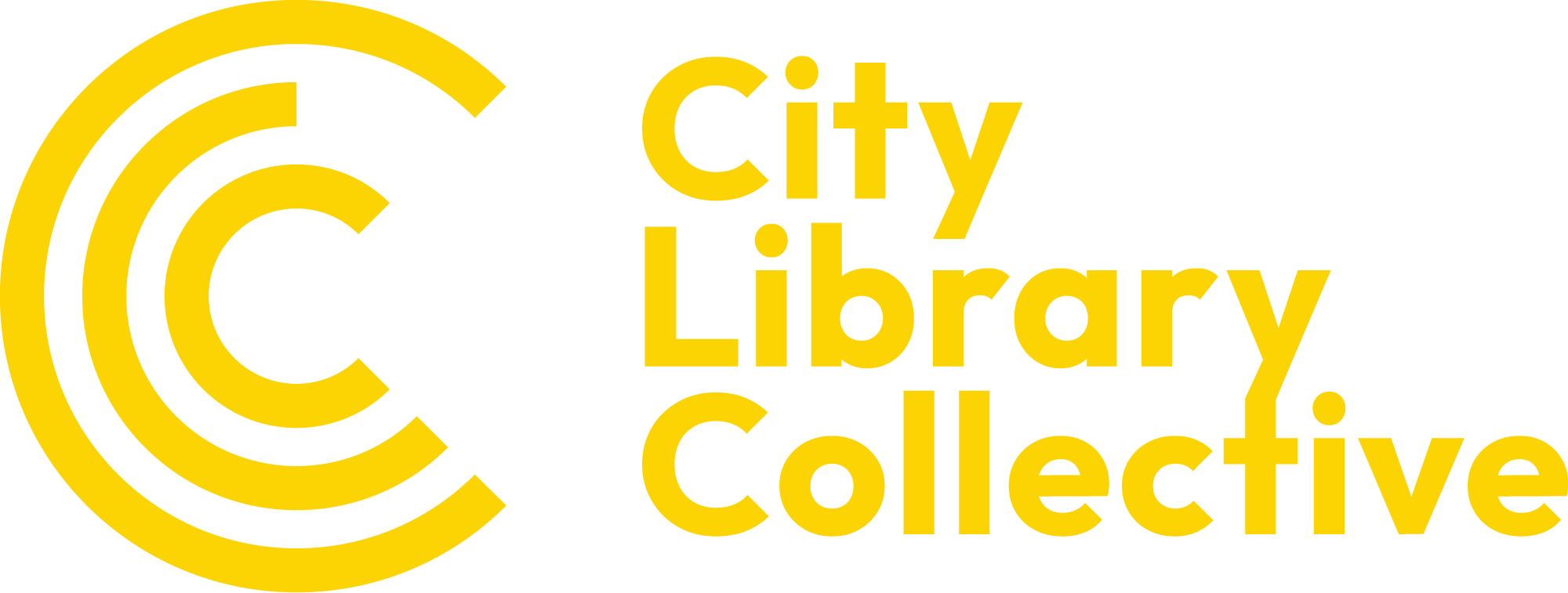Local Project: Appleton PL – Healthy Boundaries; Healthy Programs
Appleton Public Library – Appleton, Wisconsin
Authors: Colleen Rortvedt (Director), Tasha Saeker (Assistant Director)
Final Cost: $10,000
Table of Contents
Library and Community Information
Library Profile (2019)
- Service population: 74,739
- Staff FTE: 53
- Total library income: $5,008,563
- Total visits: 408,532
- Total cardholders: 81,873
- Total circulation: 878,122
Community Profile (2020)
- Population: 73,891
- Median age: 36.5
- Median household income: $61,475
- Poverty rate: 10.3%
The Takeaways
- Library staff need support in learning to set healthy boundaries when serving people in crisis
- Having a clear approach to inviting a social work student into your library is key in your success
- Making sure to evaluate after a social work student finishes their internship at your library will allow your program to grow and mature, serving both the library and future students better
The Project
Tell us a little about your library and where you are in resilience readiness, including applying aspects of social work in your operations. Are you a beginner, have some experience, or far along?
APL has some experience with social workers in the library, having hosted a Social Work Master’s Degree student pre-pandemic. We have also previously done a survey for staff and public with the help of Dr. Beth Wahler who analyzed the results for us. She was also key in helping us work with UW-Oshkosh’s Social Work Program as we were the first library they had worked with for placement.
Describe your project! What did you do? Who was involved? What did it cost, in terms of both purchases and staff time?
Due to the ARPA grant falling during the move out of our old building and into our new temporary library space, we had to focus our participation on items that could be completed without our staff being in one place while still wanting to contribute overall to the full CLC project. We decided to work with Dr. Wahler again, having her create items for the CLC Resilience Toolkit. She created a virtual program for our staff focusing on establishing and maintaining healthy boundaries. Additionally, she created two items for the toolkit: Measuring the Impact of a Library-Based Social Work Student and Guidance for Hosting a Social Work Student in Your Library.
How did you decide to pursue this project? What needs did it address in your library and community? How did you discover these needs?
Having had a social work student at our library previously, we knew that one of the differences between what social workers learn and what librarians are taught is the skill of setting healthy boundaries when working with people in need or in crisis. The program that Dr. Wahler created for us was led by Dawn Behrend, a librarian and social worker, who understood the dynamics at play between the two fields.
We also learned a lot about the opportunities and challenges having a social work student in the library presents. We thought it would be useful for other libraries to have tools that we were missing when we first entered hosting a social work intern in our library. The hosting document offers that while the measurement document offers a way to look back and learn from the experience.
What is the intended impact of your project, and how did/will you measure it?
Our project impact was to provide the online training and the documents as part of the Resilience Toolkit. We achieved that.
What challenges, seen and unforeseen, did you encounter? What strategies did you use to overcome these?
Thanks to the skill and knowledge of Dr. Wahler, we had no difficulties reaching our goals.
Looking back, what might you do differently if you were to redo this project?
The timing of this with our building move made it difficult to have true internal conversations out this in the way we would have liked, including follow up afterwards.
What do you want other librarians to know about your project?
We take a lot of pride in our work with Dr. Wahler and would love others in Wisconsin to know about her work to support libraries as they bring on social work students.
How have you incorporated concepts of community resilience into your library’s work? Have you found trainings like Ryan Dowd’s Homeless Training, Sara Zettervall’s Whole Person Librarianship, or others valuable? What have you found to be the most useful and how have you applied it in your specific community?
We found our work with Rogers Health in compassion resilience to be very impactful with our staff. It resulted in a library-wide culture document written by the staff themselves as well as tools that we continue to use to talk about compassion resilience with staff.
We have also used Ryan Dowd’s training online and he came to APL previously as well. His approach is incorporated into the way APL implements security in our building and helped lead us to having a person with a social work background as our Building and Security Manager.
Additional information
You may find and use the products of Appleton PL’s Local Project in these places:
